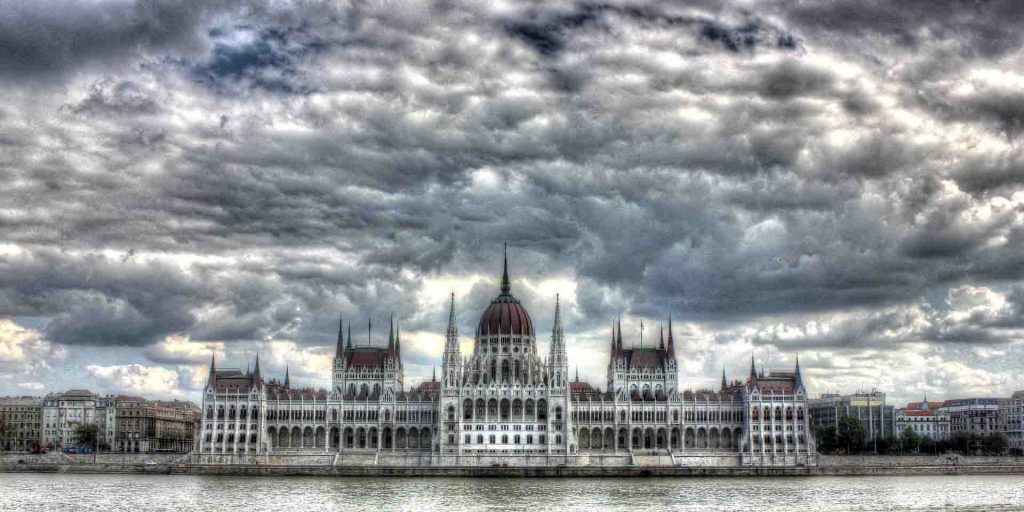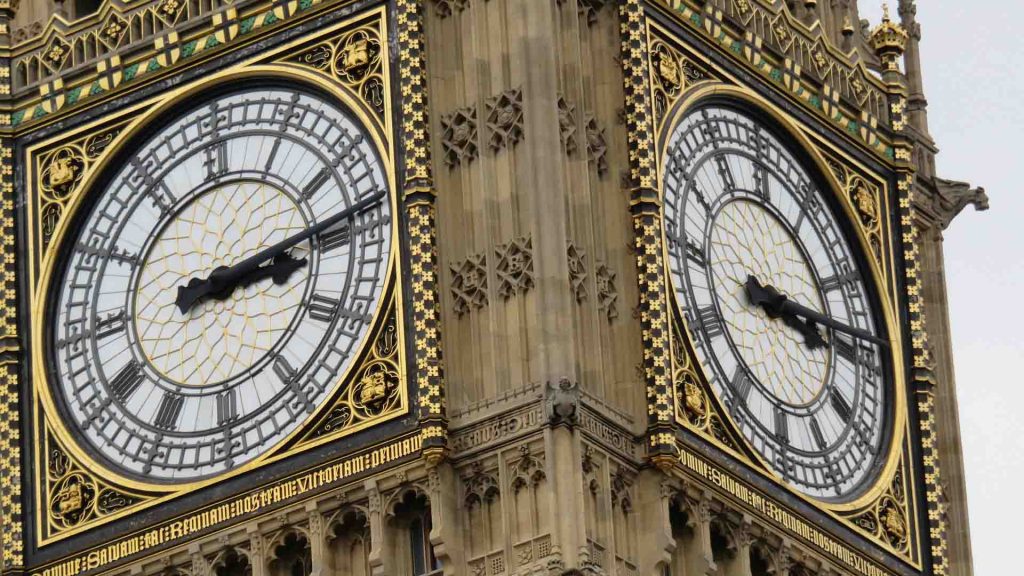On the same day as the Hungarian prime minister’s State of the Nation address, important international speeches were delivered as well. There is a stark contrast between Obán’s words, and the communication of other European leaders.
Author: Máté Hajba
Viktor Orbán held his State of the Nation address on February 28. In Hungary he is the pioneer of the genre, which he also moulds, so it would be pointless to blame him for not following the American example when he delivered his address in the close circle of his supporters. He can be blamed for so much else.
It is interesting to examine the other speeches held on the same day, and how different they are from the pontification of the Hungarian premier. Though the examples from outside of Hungary are not state of the nation addresses, they are just as important in outlining the strategies for the future of the respective countries. Orbán’s speech is far from just a report on the previous year of the country, it also sets the political course for the next year.
The prime minister claimed that absolutely everything is the fault of others, and Brussels is to blame for the economic situation, mismanaged by the Hungarian leadership for years, and the reasons behind all evils is the war in the neighbourhood for which both countries are responsible, no matter that Russia attacked, Ukraine should have asked for peace no matter at what cost.

According to some twisted logic, the head of the Hungarian government emphasises that only Hungary and the Vatican are on the side of peace, when in fact even Pope Francis didn’t serve Russian interests by rejecting support for Ukraine in the form of weapons. Moreover despite what Orbán says, no country wants peace more than Ukraine, as it is Ukrainian citizens on whose houses Russian rockets are plummeting, it is their settlements in which often reluctant Russian troops are meandering, not getting sufficient support from their homeland, and it its their territory that is besmirched by the wrecks of military vehicles. Not to mention the massacres on Ukrainian land.
This relativism in Orbán’s world view is the same as in political correctness or wokeism, criticised by him so often, as they also relativize cultures, and think of democracy and science as the tools of oppression by white colonialist men.
However liberal democracy, rule of law, and freedom of press are not relative. Visibly the safest, happiest, and wealthiest states are based on these. Ukraine wants to belong to these countries, and since the war broke out it firmly established itself as part of free Europe, at least in the minds of people. Hungary on the other hand defying its allies is reproaching the USA rather than the Kremlin, and attempts to hinder the measures aimed at supporting Ukraine, at least in communication, as despite what the narrative of the Hungarian government they greenlighted the sanctions.
While the head of the Hungarian government blamed everything on everyone else among a closed circle of yes-men, an important event took place in Munich: The Munich Security Conference. Leaders, ministers of defence, and NGOs of several countries were present but the list of participants was embarrassingly missing any Hungarian. It wouldn’t have hurt however to listen to the speech of the British prime minister, Rishi Sunak.

The UK politician did not talk about peace, as peace is obviously in the interest of all apart from Putin and some of his minions. He however emphasised freedom, democracy and the rule of law beside which the UK is highly committed. According to him this is why it is important to support Ukraine.
The war in Europe is also a war of worldviews, in which freedom and authoritarianism are fighting each other, a fact over which Orbán, who doesn’t exactly lead Hungary towards liberty by any independent metrics, turns a blind eye.
Beside freedom, democracy, and the rule of law, Sunak talked about security, and that Putin severely miscalculated. Unlike Orbán, he didn’t call for an instant, cowardly peace negotiation which would cause Ukraine more losses, but for a Ukrainian victory, for which all assistance must be given.
Of course Orbán cannot do anything else, but to continue pursuing his Russia-friendly communication, as many of his voters wants this, which is mostly the result of the propaganda media and the governing party’s communication for years. For example only 3% of Fidesz voters blame Russia for the war.
While the Hungarian premier attacked Brussels as usual, when Hungary is an organic part of EU decision making, on February 18 in Munich another important announcement took place. Rishi Sunak, and Ursula von der Leyen stood up together in a joint statement against Putin’s aggression, and for Ukraine, moreover they revealed that finally after the UK and EU are closer to agree on trade after Brexit. As a result of the latter they announced a couple of days later that they agreed in principle on the Protocols of Ireland/NorthernIreland. The relationship of the two sides weren’t without problems, nevertheless they were able to agree on such important issues as Ukraine. Hungary, which is part of the EU, and enjoys its benefits, is behaving with more animosity towards its own allies. It is necessary to criticise the EU, but there are more elegant and useful ways then Orbán’s foreign policy.
On the same day as the head of the Hungarian government’s State of the Nation address, Rishi Sunak had two important announcements. Reaffirming the commitment to Ukraine, and the settling of the trade issues between the UK and the EU. Hungary could learn from both the British foreign policy and communication. There is unfortunately little chance of this.
Photo credit: Pixabay

Máté Hajba is the director of Free Market Foundation, an independent think tank in Hungary focusing on free market economics, rule of law, civic liberties, and tolerance.



